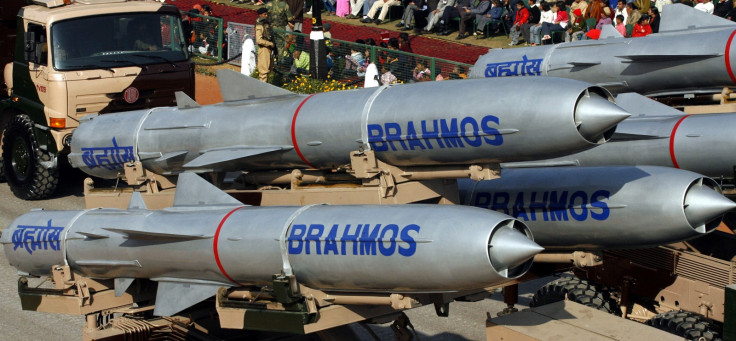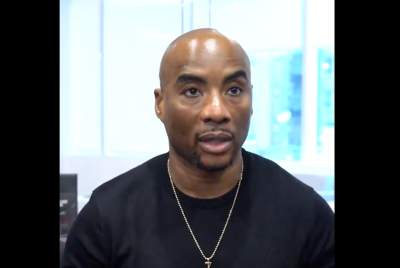India plans to export BrahMos missile to South Pacific nations

Even as India awaits approval to join the Nuclear Suppliers Group, the country is working on exporting missiles to South Pacific nations. At least 15 countries are on its radar, including Vietnam to which it plans to sell an advanced cruise missile system. Experts believe this is bound to irk China due to its growing military dominance in the region.
An undated note from Prime Minister Narendra Modi's government says it has ordered BrahMos Aerospace, which produces the BrahMos missile, to speed up sales to five countries, among which Vietnam is on top, according to Reuters. Others include Indonesia, South Africa, Chile and Brazil.
Eleven more countries have expressed interest in buying BrahMos after having detailed discussions with India. The countries include the Philippines, Malaysia, Thailand and the United Arab Emirates.
New Delhi has already been providing its biggest overseas military aid to Hanoi by supplying offshore patrol boats under a $100m credit line.
As the world's largest importer of arms, India has accounted for 14% of total imports between 2011 and 2015. By seeking to sell the supersonic missile, known as the BrahMos, India will support its partners' defence needs and also fetch more revenue.
The missile is a joint venture between India and Russia and is reputed to be the world's fastest cruise missile. It can be fired from submarines, ships, land or aircraft, which is under testing. It has the capability to hit the target at a range of 290 km, with a top speed of up to three times the speed of sound. The cost of the missile, fitted on Indian naval ships, is estimated to be about $3m.
India's foray into the South Pacific comes as tensions in the region are rising over China's territorial claims. Vietnam, Malaysia and the Philippines are also staking claims to disputed areas.
Although India is not part of the claims, it has its own border dispute with China. New Delhi has also has been concerned about Beijing's military assistance to its arch-rival Pakistan, and Chinese submarines docked in Sri Lanka.
Jeff M Smith from the American Foreign Policy Council in Washington said: "Prime Minister Modi and his team of advisers have essentially turned that thinking on its head, concluding that stronger defence relationships with the US, Japan and Vietnam, actually puts India on stronger footing in its dealings with China."
© Copyright IBTimes 2025. All rights reserved.





















